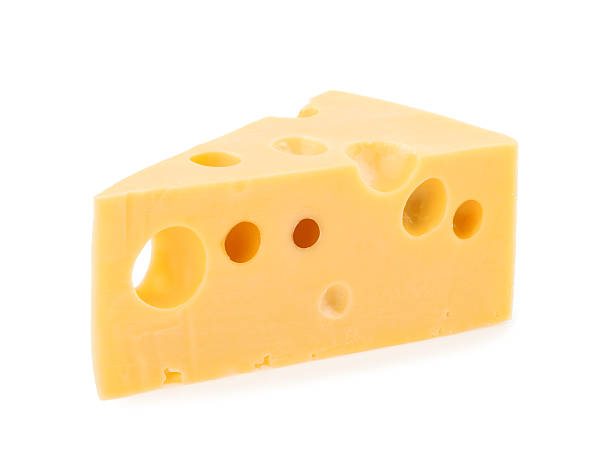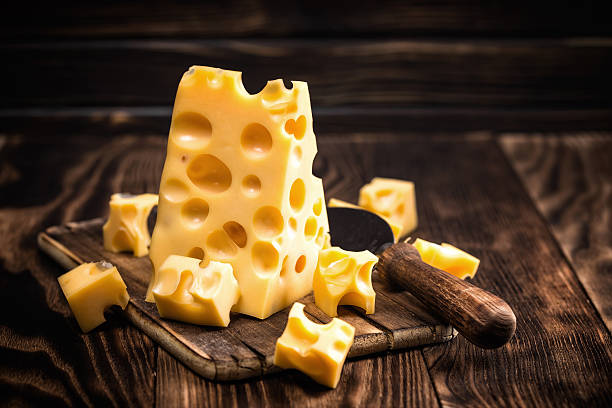Swiss cheese, also known as Emmental cheese, is a type of cheese that is traditionally made in the Emmental region of Switzerland. It is known for its characteristic holes, or “eyes,” and its nutty and slightly sweet flavor. But beyond its taste, what is the nutritional value of Swiss cheese and is it healthy for you?
First, let’s examine the nutritional value of Swiss cheese. One ounce of Swiss cheese contains approximately 114 calories, 7 grams of protein, 9 grams of fat (of which 6 grams are saturated), and 1 gram of carbohydrates. It also contains small amounts of various vitamins and minerals, including calcium, phosphorus, and vitamin B12.
When it comes to fat content, Swiss cheese is relatively high in saturated fat. However, it is important to note that not all saturated fats are created equal. The saturated fat found in Swiss cheese comes mainly from the cream used in its production, which is rich in conjugated linoleic acid (CLA), a fatty acid that has been shown to have anti-cancer properties. Additionally, the fermentation process used to make Swiss cheese can also increase the bioavailability of certain minerals, such as calcium and phosphorus, making them more easily absorbed by the body.
Swiss cheese is also a good source of protein, which is important for maintaining muscle mass, and vitamin B12, which is essential for maintaining healthy nerve function and the formation of red blood cells.
So, is Swiss cheese healthy for you? The answer to this question depends on how much of it you consume and how it fits into your overall diet. As with any food, moderation is key. While Swiss cheese can be a nutritious addition to your diet, it should not be consumed in excess due to its high fat and calorie content.
It’s also worth noting that certain types of Swiss cheese may be healthier than others. For example, raw milk Swiss cheese has a higher nutrient content than pasteurized cheese. Additionally, choosing a lower-fat variety of Swiss cheese, such as a reduced-fat or a light version, can also help to lower the calorie and fat content of your diet.
In conclusion, Swiss cheese can be a nutritious addition to a balanced diet when consumed in moderation. While it is relatively high in saturated fat, it also contains beneficial nutrients such as CLA, protein, and vitamin B12. As always, it’s important to consider how it fits into your overall diet and choose a variety that aligns with your nutritional goals.

 Home
Home Health
Health Diet & Nutrition
Diet & Nutrition Living Well
Living Well More
More












